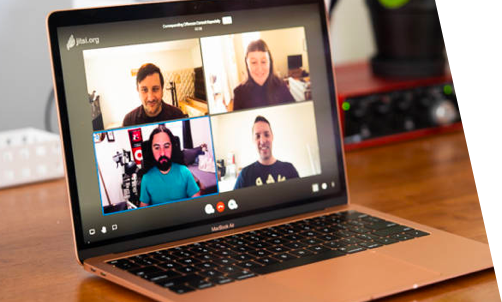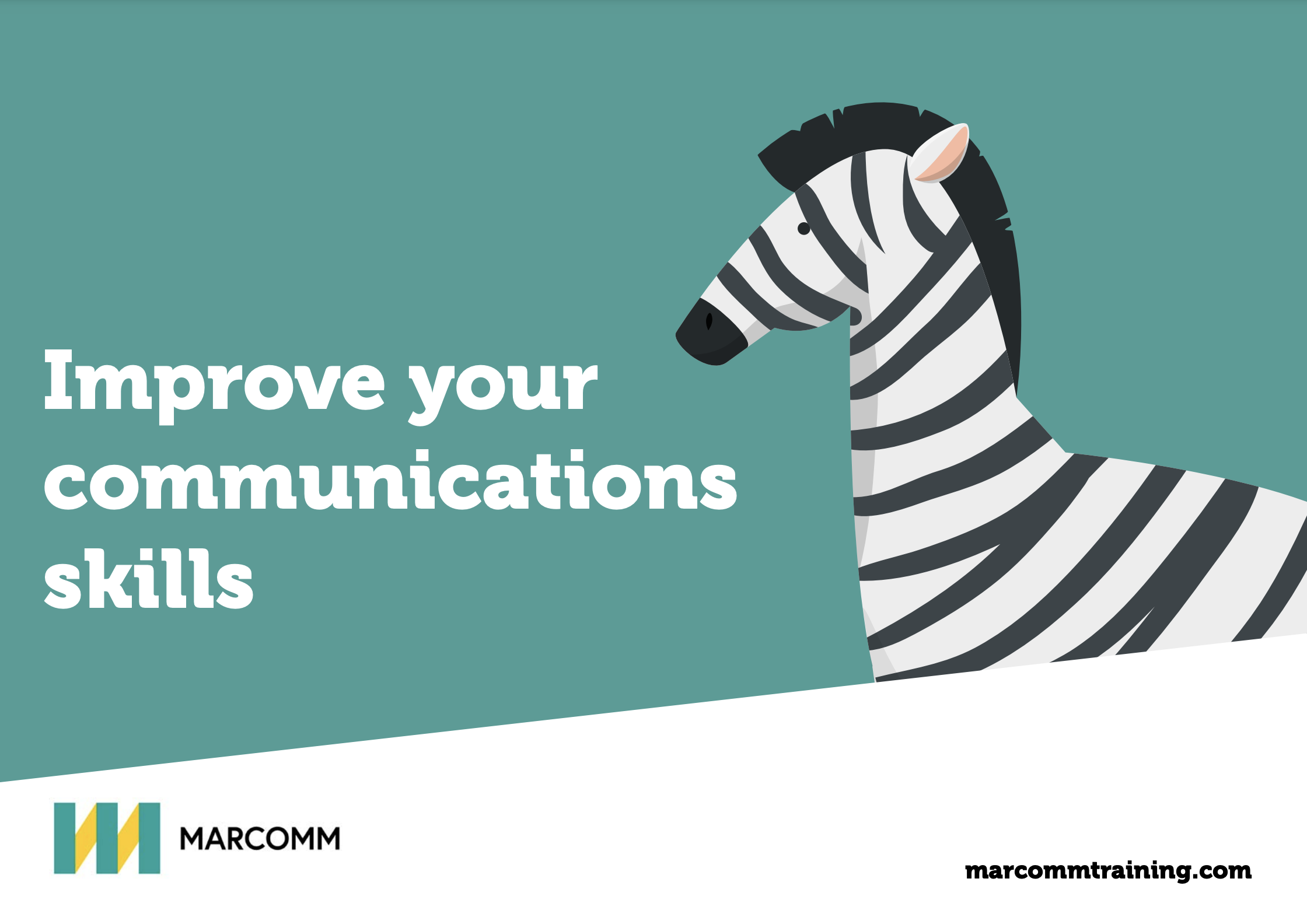It takes 20 years to build a reputation and 5 minutes to ruin it. If you think about that, you will do things differently
Warren Buffet
When we think of brands, we immediately think of the likes of BMW, Coca Cola or McDonalds. Brands work hard at differentiating themselves and consumers have words and images that they associate with each brand. They tend to be loyal to their brand - they seek them out and may even pay a premium to access it.
In a cluttered employment environment, the principles used to create differentiated brands can be used by individuals to help them stand out. It is the process of personal brand development.
What is a personal brand?
In simple terms it is how others view you. It is the words that they use to describe you, your character and capabilities. Your personal brand is made up of many elements but if we were to boil it down to the important basics, it is a combination of your personal strengths, your values and your individual competency.
Why is a personal brand important?
Your personal brand can be a major factor in determining how far you progress. Being known as someone who is great with clients, someone with brilliant technical skills, or someone who contributes significantly to an organisation - these qualities make you stand out. Creating and managing your personal brand prepares the ground for future opportunities and means that you will stand less chance of being overlooked. The good news is that it is totally within your control how you create and manage your own brand.
1. Create your own vision
Start by developing a vision for you. What is it that will differentiate you? What strong technical skills will you possess? What soft skills will you be recognised for? How would you like others to describe you as a colleague?
This begs the question; how do others see you right now?
Being able to draw on insights, using quality feedback from line managers, colleagues and trusted friends provides an excellent foundation to start our personal brand development plan.
There are many tools that can be used to gain insights. One of the most well-known is the Johari Window. Developed by Joseph Luft and Harry Incham, it identifies four areas of personal insight:
- The Open or public arena is the area where our perception of ourselves matches with how others see us.
- In the Blind arena others see things in us that we do not see in ourselves. In other words, we are blind to them. This is potentially a very valuable area, both in terms of surfacing strengths and building on development needs.
- In our Unknown arena resides untapped potential where neither others nor you are aware of our hidden talents.
- Finally in the Hidden arena are the things you know about yourself, but choose not to show to others. These may include includes your private thoughts, feelings and attitudes that others do not observe.
2. Identify your personal strengths
These are the abilities that come naturally to you. When we look at our strengths there are 3 elements:
- Our talents - the naturally recurring pattern of behaviour that is unique to us.
- Our knowledge - our accumulated experience and the lessons we have acquired.
- Our skills - our ability to do something well. Skills are generally developed through a combination of practice and aptitude.
The key to building your strengths is to identify your dominant talents and then refine them with knowledge and skills.
3. Define your personal values
Being recognised as someone with a strong value set will set you apart. Values are the principles that are important to us. They motivate us and guide our decisions.
Everyone has their own personal values, and they can be quite different. Some people are competitive, while others value cooperation. Some people value adventure, while others prefer security. Maybe you value honesty. You believe in being honest wherever possible and you think it’s important to say what you really think.
Values matter because if you’re living life according to your values you will make the right decisions and feel content in the decisions you make. Be clear what matters to you.
4. Identify your competencies
Competencies are the skills, knowledge and behaviours required to carry out your job role effectively. Most organisations will have identified what competencies are required for various roles, usually articulated in a competency framework. What competencies do you need to have to be excellent in your current role? If you aspire to a higher role, identify the competencies required for that role and build your personal development plan around that goal. Consider initiatives that will provide you with relevant experiences that you can share in a future selection process. That may include seeking additional responsibilities in your existing role, working on development projects or taking additional qualifications.
5. Don’t forget about your online brand
Managing your personal brand includes managing your online activity. Every potential employer searches online for information on a new colleague or a prospective hire. What you post, like or share says a lot about who you are. Your actions, when observed by different people, may be perceived in very different ways. One person may see your actions as being very positive and yet someone else may perceive them in a very different way.
6. Remember, trust is everything
When all is said and done, trust is everything in a personal brand. A good way of tying these themes together is to refer to Stephen Covey. In his book, 'The 7 Habits of Highly Effective People', Covey talked about the importance of building trust. He explained that trust is made up of our character plus our competencies. Those who decide how far you progress will ask themselves;
"Can you be trusted to do a good job?"
"Are you someone who can you be trusted to do the right thing in a difficult situation?"
Being someone who is trusted, will take you far.

You are your own brand manager
It is no accident that all of the major brands mentioned at the start are able to differentiate themselves so clearly. There is much we can learn from them to help us build our own brand development project. Think of yourself as your own brand manager. Have a clear plan for you. Identify what will make you stand out. Be clear what values are important to you. Seek out constructive feedback to from trusted people around you and consider how an action can positively or negatively impact on your reputation.

